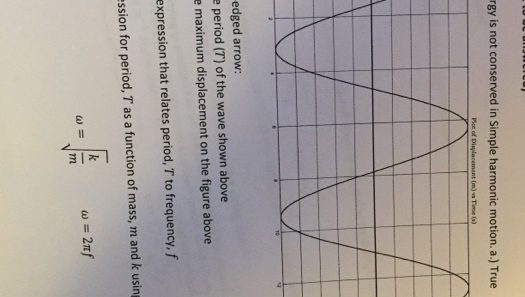In an era increasingly defined by technological advancement, the importance of conserving energy related to electronic devices cannot be overstated. This guide aims to elucidate effective methods for energy conservation, ultimately benefiting both the environment and consumer savings. By applying a systematic approach, we can transform everyday practices into significant energy savings.
Firstly, it is pivotal to understand the concept of standby power, often referred to as “vampire” or “phantom” energy. Many electronic devices, when turned off but still plugged in, continue to draw power. This unseen energy consumption occurs in a variety of devices, from televisions and computers to kitchen appliances. A comprehensive assessment of household electronics can reveal opportunities to unplug devices when they are not in active use.
To delve deeper into the intricacies of energy conservation with electronic devices, let’s explore practical strategies that can easily be incorporated into daily routines:
1. Embrace Smart Power Strips
Investing in smart power strips can be a game-changer. These strips automatically cut off power to devices that enter standby mode, effectively eliminating vampire energy usage. By connecting multiple devices to a single smart power strip, users can streamline the management of their electronics while promoting energy efficiency.
2. Opt for Energy-Efficient Devices
When purchasing new electronic devices, look for the Energy Star label or similar certifications. These products are designed to consume less energy without sacrificing performance. Over time, energy-efficient devices can lead to substantial savings on utility bills, as well as a reduction in environmental impact.
3. Adjust Power Settings
Many devices come pre-configured with their energy settings, which may not be optimized for conservation. Users should explore the settings of computers, tablets, and smartphones to adjust power-saving features. For instance, enabling sleep mode, lowering the brightness, and setting timers can significantly reduce energy consumption.
4. Practice Responsible Charging
Charging habits also play a vital role in energy conservation. It is advisable to avoid overcharging devices, as this not only wastes energy but can also degrade battery health over time. Moreover, charging during off-peak hours, typically at night, can be a more energy-efficient practice. This helps balance electricity demand and can lower costs in some regions.
5. Limit Screen Time
Beyond just energy consumption, excessive screen time can impact overall well-being. By consciously reducing time spent on devices, users not only conserve energy but also enhance their productivity and mental health. Encouraging alternative activities such as reading or outdoor pursuits can foster lifestyle balance.
6. Update Software Regularly
Software updates often include performance improvements and energy-saving features. Keeping devices updated ensures they operate efficiently, which can lead to diminished energy consumption. Users should enable automatic updates whenever possible, as this reduces the likelihood of overlooking critical enhancements.
7. Utilize Cloud Computing Wisely
While cloud computing offers unparalleled convenience and efficiency, it is essential to utilize these services judiciously. Consider what data is necessary to store in the cloud and whether it is energy-efficient given the server power required. Additionally, utilizing local storage judiciously can lessen reliance on cloud services when they aren’t essential.
8. Create an Energy-Conservation Routine
Incorporating energy conservation into daily routines can be seamless. Encourage the household to engage in collective efforts, such as turning off devices when not in use or scheduling specific times for device usage. Developing a culture of energy consciousness will benefit everyone involved, fostering responsible consumption habits.
9. Educate and Advocate
Promoting awareness about the importance of energy conservation can lead to broader collective efforts. Share knowledge within your community, workplace, or social circles about the significance of reducing energy consumption. Initiatives like energy conservation awareness programs can galvanize collective action, amplifying the impact.
Conclusion
As our dependence on electronic devices escalates, the need for energy conservation becomes increasingly critical. Understanding the nuances of energy consumption associated with these devices can empower individuals to make informed decisions. From unplugging chargers to choosing energy-efficient appliances, every action counts. By adopting these practices, we contribute not only to personal savings but also to the global effort to mitigate climate change. Join the movement toward a cleaner, more sustainable future by embracing energy conservation in your electronic habits.







